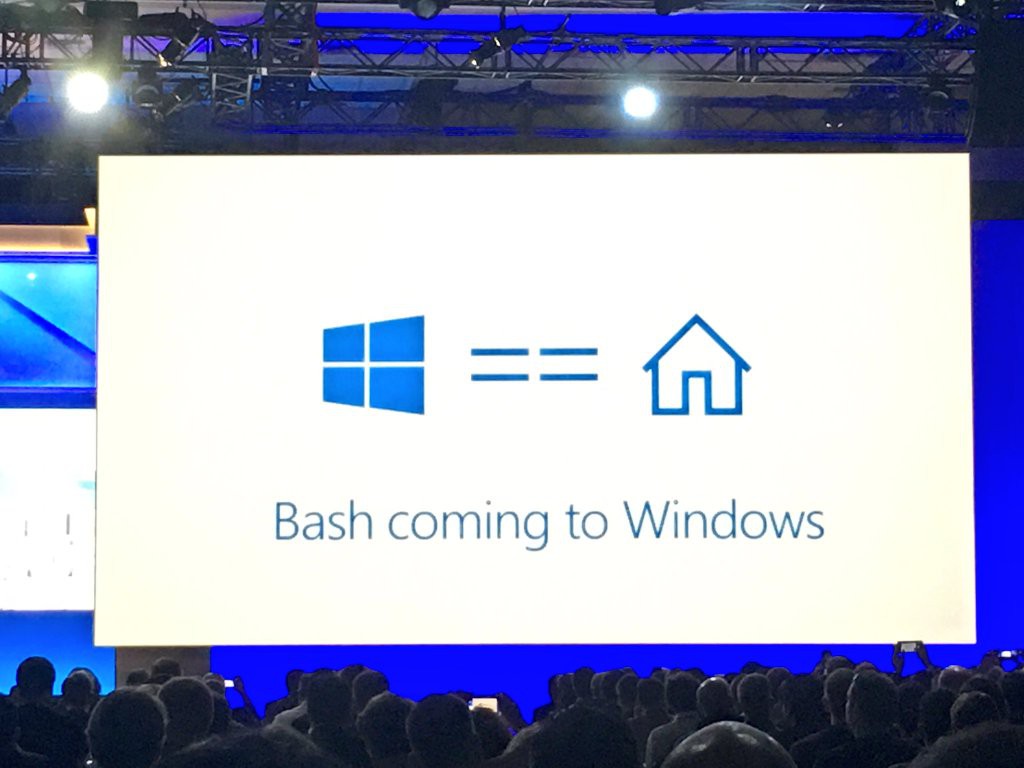
Microsoft recently introduced Bash on Ubuntu on Windows 10 for developers. Does it work?
Not long ago, I was unable to use TeamViewer to remote into my laptop to use ssh. So, I attempted to install putty and other tools in order to ssh into a server from a Windows 10 machine. My disappointment in how it worked was even larger than I would have anticipated.
It seems weird that we are decades into using the Internet, and Windows tools still really lack at doing server support. Apparently, I am not alone, though, and Microsoft has included a bash shell from no less than Canonical, the company behind Ubuntu, in their latest developer release.
And, I even heard it would support ssh.
This gave me a burning desire to at least give it a try.
The downside is that I had to get my computer back onto the Windows Insider Program, which meant re-enabling a lot of the more chatty portions of Windows 10 that were locked down for privacy reasons. However, that’s part of the deal that you are supposed to give feedback and such as part of the program, so this is actually a case where some of these otherwise intrusive elements makes sense.
Well, I finally got the Insider preview installed, and I enabled the Subsystem for Linux (Beta). You can read more about the entire procedure at FossBytes‘ “How To Install And Run Bash On Ubuntu On Windows 10 Right Now“. I opened a command prompt and typed “bash” and pressed [Enter]. The installation took a little longer than I had anticipated, but a while later I had an actual bash shell.
OK, but is this anything like opening a terminal in Linux? Can I really ssh and paste a password into the shell instead of typing everything on the command line like it’s 1993?
Sure enough, I opened a browser and copied the password from LastPass and pasted it into the bash window and I was on! Not only did ssh work, but the entire command window behaved similarly to a terminal window in Linux!
OK, I’m not giving up Arch tomorrow, but at least if I’m stuck on a Windows box, I can at least use familiar tools and not have to rely upon programs that simply don’t live up to the expectations.